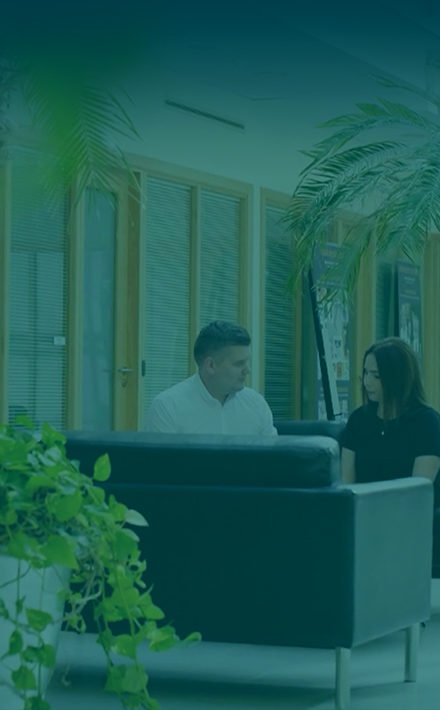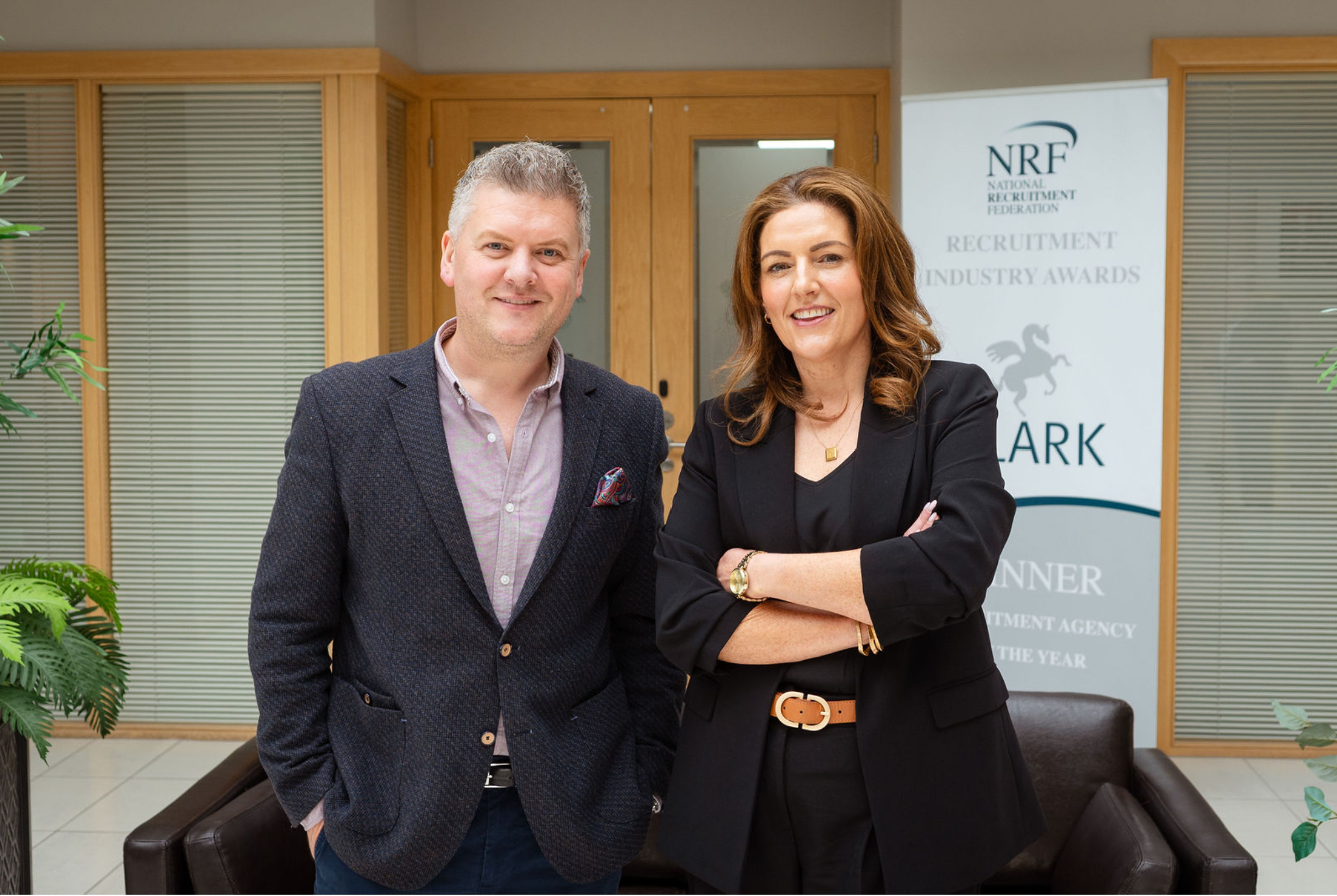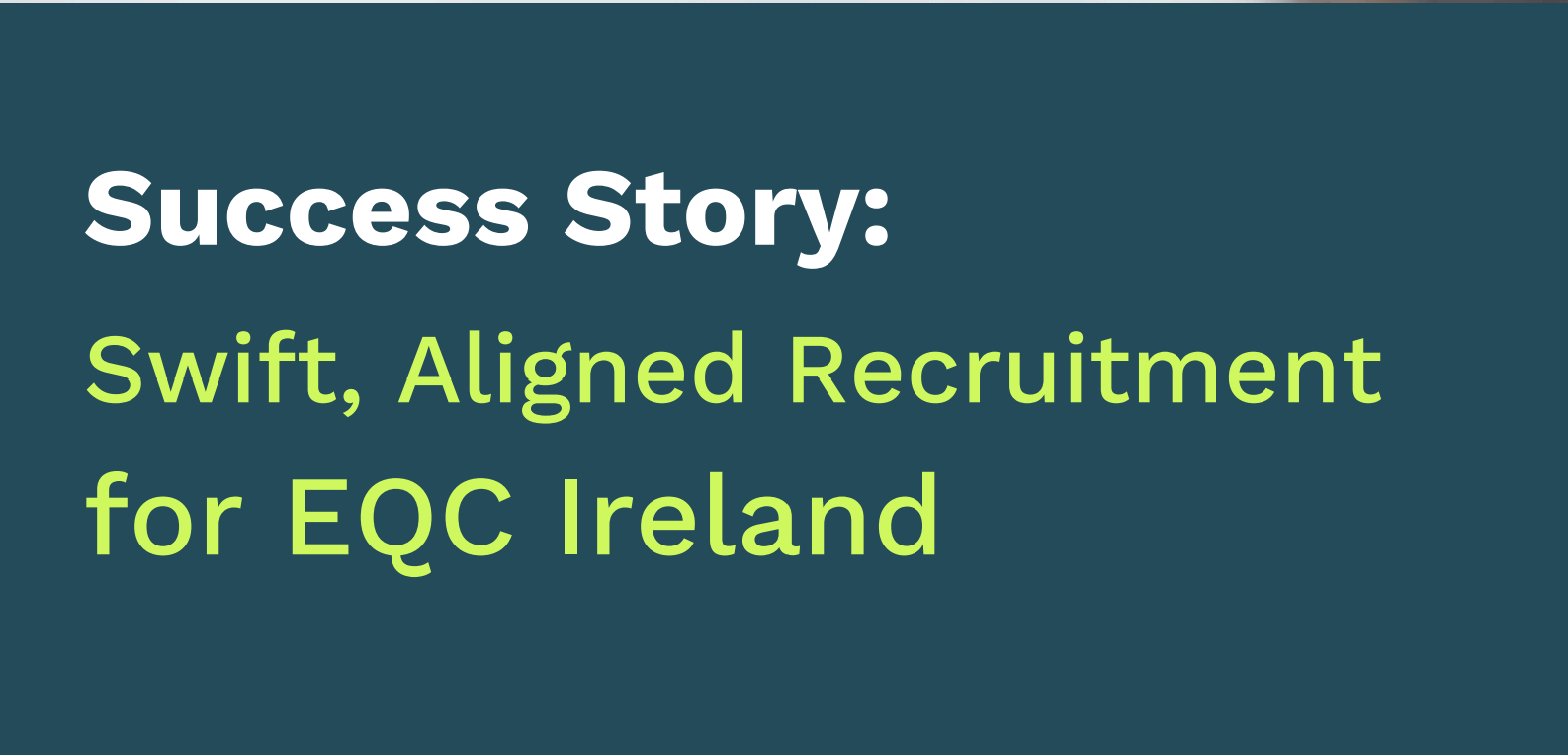
Presenteeism: Why Being Present Isn’t Always Productive
In the bustling world of modern workplaces, there’s an often-overlooked phenomenon that chips away at productivity and employee well-being: presenteeism. While absenteeism, the absence of employees from work, tends to grab headlines, presenteeism lurks in the shadows, quietly wreaking havoc on organizational performance and individual health. Let’s delve into this lesser-known issue, explore its impact, and shed light on why it’s just as detrimental as its more recognized counterpart.
What is Presenteeism?
Presenteeism refers to the phenomenon where employees show up for work but are not fully productive due to illness, stress, or other personal issues. Essentially, they’re physically present but mentally or emotionally disengaged, leading to decreased efficiency, reduced quality of work, and potential negative consequences for their health.
Examples
Picture this: Sally comes to work despite battling a severe cold. She spends most of the day sneezing, sniffling, and struggling to focus, ultimately accomplishing little. Similarly, Mark is dealing with significant stress at home but insists on showing up to work every day. Despite his physical presence, his mind is preoccupied, and his performance suffers as a result.
Comparing Presenteeism to Absenteeism
While absenteeism involves employees being absent from work, presenteeism presents a different set of challenges. Absenteeism is often visible and can be addressed through policies and procedures for managing leave. Presenteeism, on the other hand, flies under the radar, as employees are physically present, masking the underlying issues that may be affecting their performance.
The True Cost
Now, let’s talk numbers. While absenteeism certainly incurs costs for organizations in terms of lost productivity and increased workload for remaining staff, presenteeism can be equally, if not more, damaging. Research suggests that the costs associated with presenteeism often outweigh those of absenteeism. Why? Because not only are employees less productive while at work, but their presence may also contribute to the spread of illness or errors, further impacting overall performance and morale.
Avoid Presenteeism, Manage Your Well-being
- Listen to Your Body: Pay attention to your physical and mental health. If you’re feeling unwell or overwhelmed, it’s okay to take a step back and prioritize self-care.
- Communicate Openly: Don’t suffer in silence. If you’re struggling, don’t hesitate to communicate with your manager or HR about your challenges. Transparency can lead to solutions that benefit both you and the organization.
- Set Boundaries: Establishing clear boundaries between work and personal life is essential. Take breaks, disconnect after hours, and prioritize activities that recharge your batteries.
- Practice Self-Care: Invest time in activities that promote your well-being, whether it’s exercise, meditation, hobbies, or spending time with loved ones. Remember, a healthy work-life balance is key to long-term success.
- Seek Support: Don’t hesitate to seek support from colleagues, friends, or professional resources if you’re struggling to manage presenteeism or other workplace challenges.
Message to Organizations
It’s time for organizations to recognize the true cost of presenteeism and take proactive steps to address it. Encouraging a culture that prioritizes employee well-being, providing resources for managing stress and illness, and promoting open communication are crucial steps in combating presenteeism. Additionally, fostering a supportive environment where employees feel comfortable taking time off when needed can help mitigate the negative effects of presenteeism and promote a healthier, more productive workforce.
Conclusion
In the grand scheme of workplace challenges, presenteeism may seem like a minor inconvenience. However, its insidious nature and far-reaching consequences make it formidable to productivity and employee well-being. By acknowledging the true cost of it and implementing strategies to address it, organizations can cultivate a workplace where employees thrive, ultimately driving success and sustainability for years to come.
For more information or to discuss any of these points further, please contact us or reach out to us on 045 881 888 or hello@clark.ie.












